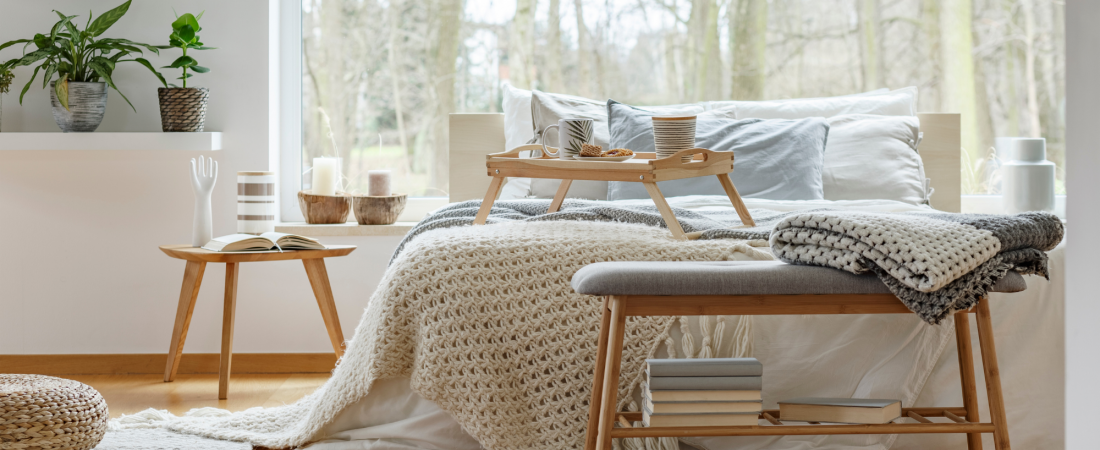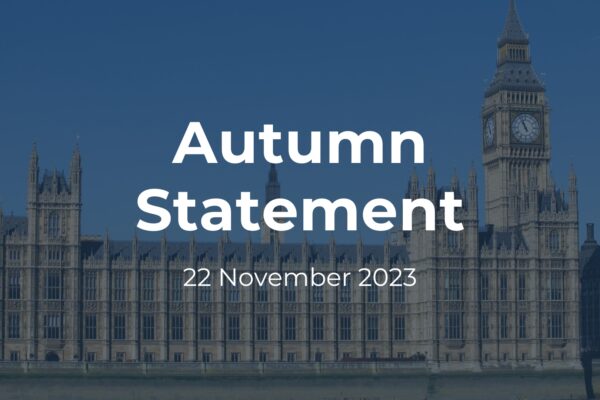The Rent a Room Scheme, otherwise known as the spare room allowance, is a fantastic way to earn extra cash from your home. It boosts your bank balance, and you don’t have to pay the taxman a penny for the first £7,500 a year. That means most people won’t have to pay a penny more in tax.
Both owner-occupiers and tenants can let out a furnished room in their primary home to a lodger, although tenants must first make sure their lease allows them to do so. Note it must be a furnished room – you cannot let the space out as an office or for other business purposes.
How to Opt in to the Rent a Room Scheme
If your annual income from the spare room allowance is less than the £7,500 threshold, there is nothing you need to do. Just enjoy the extra income, although if two of you are operating the rental, you must share the tax break, which means you are only allowed £3,750 a year tax-free each.
It’s when you earn more than the tax-free limit that you need to inform the authorities by way of submitting a tax return. Even if you do not usually submit a tax return, and even if you might be only a few hundred pounds a year over the threshold, you still need to do it.
Thankfully, submitting a tax return is not as daunting as it sounds. We’ll summarise the process here, but we also have a full guide to paying income tax on rent if you need more details.
First, you must register with HMRC. Search online, and you will soon find the registration area – complete this, and you will receive a Unique Taxpayer Reference (UTR). Then you can use this to set up a Government Gateway Account, which will be your portal for submitting tax returns online.
Online tax returns must be submitted before the end of January for the previous tax year (not calendar year). Filling in the return is straightforward, especially if the spare room allowance is your only form of additional income. You can opt-in to the Rent a Room scheme and claim your tax-free allowance.
While renting out a room and earning extra income might be appealing, you must follow the relevant live-in landlord regulations.
How Will it Affect Benefit Claimants?
Anyone who is claiming benefits must be aware of the impact the rental income will have on their benefit payouts. The effect varies according to the benefits you claim.
Universal Credit
Unlike housing benefit, any income you get from the spare room allowance will not affect your universal credit.
Housing benefit
If your lodger is classed as a ‘boarder’ because you also provide prepared food, the first £20 of your weekly rent is disregarded, together with 50% of the remainder. So, if you rent a room and feed your boarder for £100 a week, £20 is ignored, leaving £80 which is halved to £40 as your weekly income – this may affect how much housing benefit you receive, so it’s wise to check before taking in your lodger.
If you only provide the room (and not pre-prepared food), then your lodger is classed as a ‘sub-tenant’. This is the most usual situation to be in. Again, the first £20 of your rent is disregarded, but this time all the remaining amount counts as income.
Council tax reductions
If you are living alone, you might have been claiming the 25% single person council tax reduction. If you rent out a room, you must inform your local council because you will no longer be eligible for the deduction.
Alternative benefits
Rules chop and change, and Universal Credit is being rolled out and amended often. So if you are in receipt of other benefits, such as income support or pension credit, seek advice to see how claiming the Rent a Room scheme allowance could affect you.
In all cases, it is essential to keep records of all your income. Perhaps have a rent book, or keep bank statements with the payments. If you provide additional services and receive an income for these – perhaps occasional food, laundry or cleaning, then keep these records, too. This way, you can quickly provide information to the authorities. It’s also worth noting that guesthouse owners or B&Bs (and in some cases Airbnbs) should be able to claim the full £7,500 tax-free allowance.
Checks Before You Start
Before you rent out a room, you need to make sure you have permission to do so. Even if you are a homeowner, you should check with your mortgage provider (if you still have a mortgage) to make sure letting a room does not breach the terms of your mortgage contract. Also, confirm there will be no issue with your home insurance.
For tenants, make sure your lease allows you to have a lodger. Speak with your landlord if you are unsure. If your contract says you need written permission from the landlord, make sure you get written permission. This will cover you if things go wrong later. Make sure any contents insurance providers are happy with the lodger, too.
Remember: when you take in a lodger, you should be prepared to carry out reference checks, just as you would if you were renting out a whole property. This will make sure the person is trustworthy and that they can afford your rental figure. You don’t want to be facing rent arrears.
Is Claiming the Spare Room Allowance Worth it?
Absolutely. If you want to take in a lodger, perhaps because you need the income, or maybe because you are on your own and look forward to some company, then you have the tax-free threshold. £7,500 a year is £625 per month, which will cover the great majority of rooms let in the UK.
In just about all cases, you would want to opt into the scheme: by either keeping a record of income, if it falls below the threshold, or submitting a tax return online, claiming the allowance, and paying the tax on the difference.
You can opt out of the scheme and simply claim any income from your lodger as regular rental income. This might be worth it because in this case you can set any expenses against the income (you cannot account for expenses under the spare room allowance). But for most people, the spare room allowance is an automatic, low-admin way to incentivise renting a room to a lodger — and you should use it!
Thinking about renting out a spare room? Find out how much you could earn in seconds with our Rent Calculator tool.
Calculate rental incomeSpare Room Allowance: an Example
Let’s go through an example to demonstrate the benefits of the spare room allowance.
Steven, a landlord in London, rents out a room under the Rent a Room scheme for £175 a week. This gives an annual income of £9,100. That is £1,600 above the threshold, meaning he would need to pay tax on excess amount at his current tax rate. Assuming he pays 20% tax, then he owes 20% of £1,600, or £320.
If Steven treated the money he got from renting the room as regular rental income, and opted out of the scheme, he would be liable to pay tax on the whole £9,100 figure. At his 20% rate, that is £1,820. But by doing this, he can offset any expenses against the rental. So the big question is, do the expenses he can offset outweigh the £7,500 allowance from the scheme?
The answer is of course, no. It’s almost always better to use the allowance scheme.
If Steven’s expenses (repairs, fees, occasional cleaning, food or laundry for example) amount to £2,500 a year, he will be liable to pay tax on the £9,100 minus the £2,500, so £6,600. This equates to a £1,320 tax bill, much higher than the £320 tax he would have paid had he opted in to the spare room allowance. It’s a no-brainer.




Sam. I seem to remember that you cannot partition off your house as if it will be a flat within a house. No alteration, no seperate meters. . the house has to stay the same as it was before a lodger
Hi Colin, thanks for this. Yes that makes perfect sense. I suppose that would turn your home into two properties and the lodger would no longer be an excluded occupier.
Sam